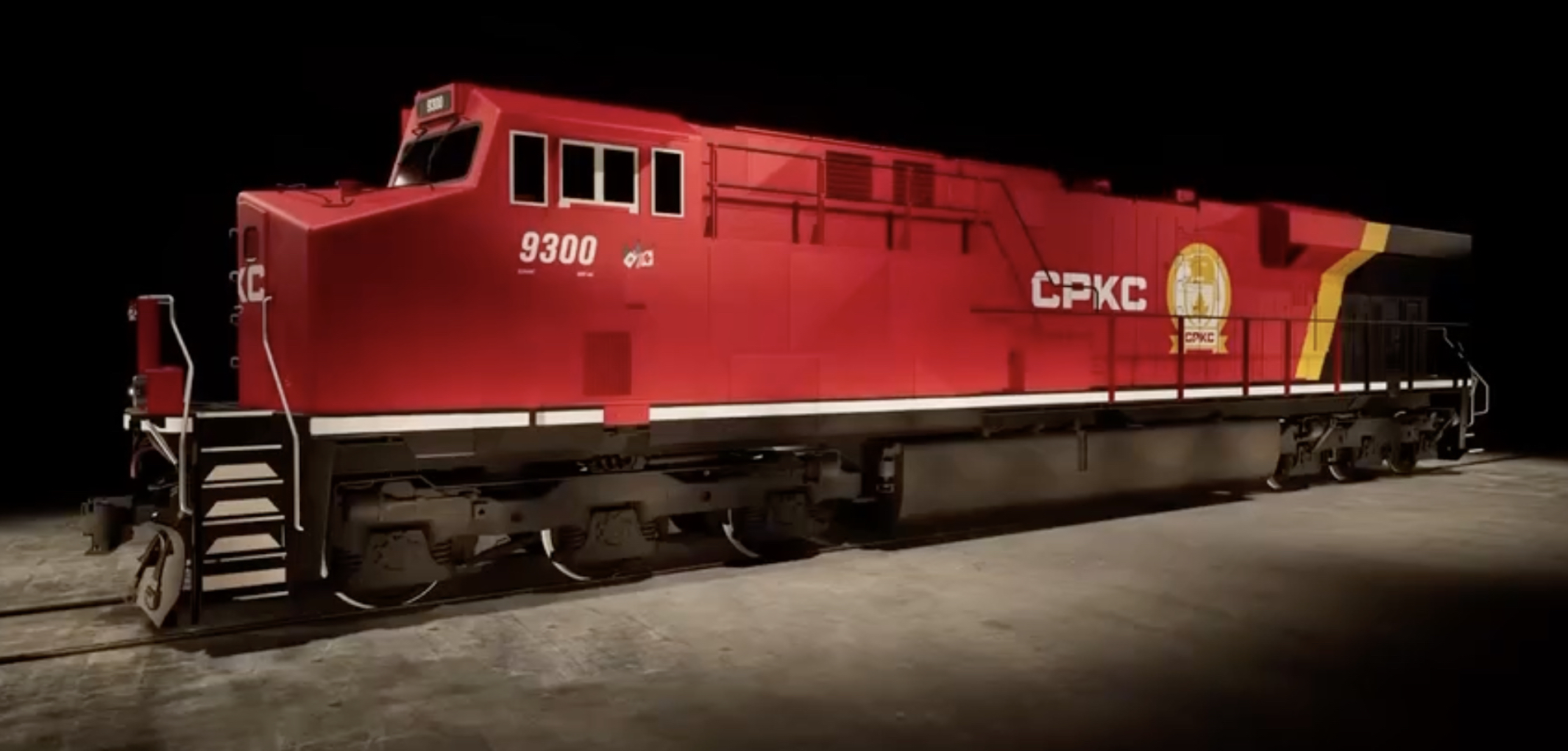
CALGARY, Alberta — Canadian Pacific Kansas City had a challenging first quarter as a combined system as demand softened and costs rose while the railway was carrying extra train crews in anticipation of merger-related growth later this year.
“No doubt a challenging quarter as we dealt with a softer demand environment,” CEO Keith Creel said on the railway’s earnings call today.
On a combined basis, CPKC’s operating income grew 9%, to $944 million, as revenue grew 2%, to $3.3 billion. Earnings per share declined 13%, to 83 cents. The operating ratio increased 9.7 points to 70.3%, but was 64.6% when adjusted for the impact of one-time items.
Combined volume declined 2% when measured by carloads but declined 5% when measured by revenue ton-miles. Canadian Pacific gained control of Kansas City Southern on April 14, but the combined results treat the merger as if it happened on Jan. 1, 2022, to provide a baseline for comparison purposes this year.
CPKC can’t grow without having the resources in place to do so, and having a higher headcount was one of the factors that drove up expenses in the quarter. “This is a long game,” Creel says. “It’s not about the first quarter of a combined company. It’s about ensuring that we’re prepared to grow.”
CPKC’s volume was hurt by softer grain shipments; lower potash exports due to a mechanical failure at Canpotex’s terminal in Portland, Ore., that likely won’t be fixed until the end of the year; lower crude and plastics traffic; and lower domestic intermodal volumes.
CPKC’s international intermodal volumes set a second-quarter record. But the lengthy dockworkers strike in Western Canada will dent volumes in the third quarter, and it will take weeks for the railway to work off the traffic backlog from the port of Vancouver.
CPKC executives say the combined railway’s growth prospects remain intact as its new single-line service linking Canada, the U.S., and Mexico will lead to increased volume over the next few years in commodities such as finished vehicles, lumber, and grain.
Executives said several new contracts will begin in August, but they declined to provide details.
Creel says the merger has gone smoothly from an operational perspective, although the railway will conduct an operational blitz to improve operations on CPKC de Mexico.
CPKC’s safety results were mixed. Personal injuries were up 25% for the combined system, while the train accident rate improved 45%.






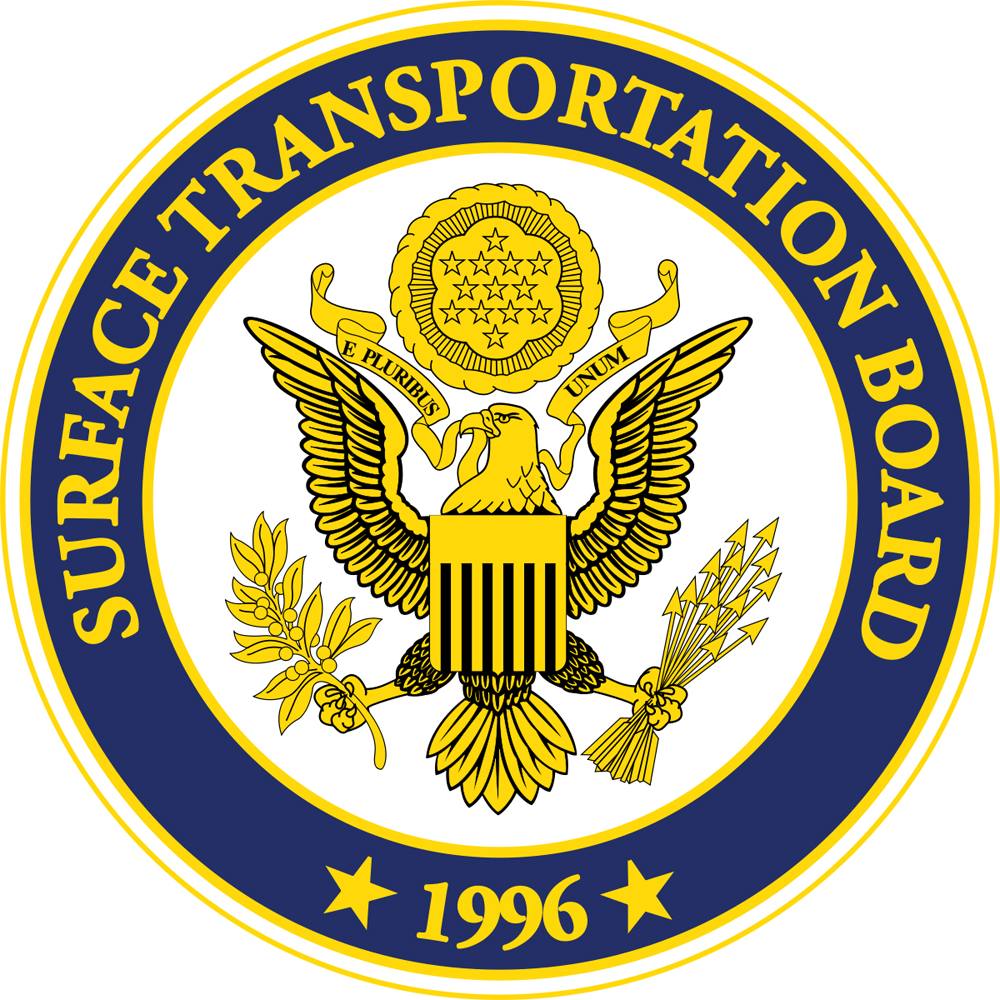
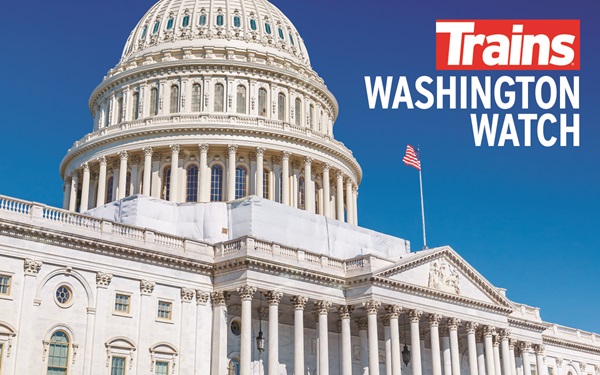
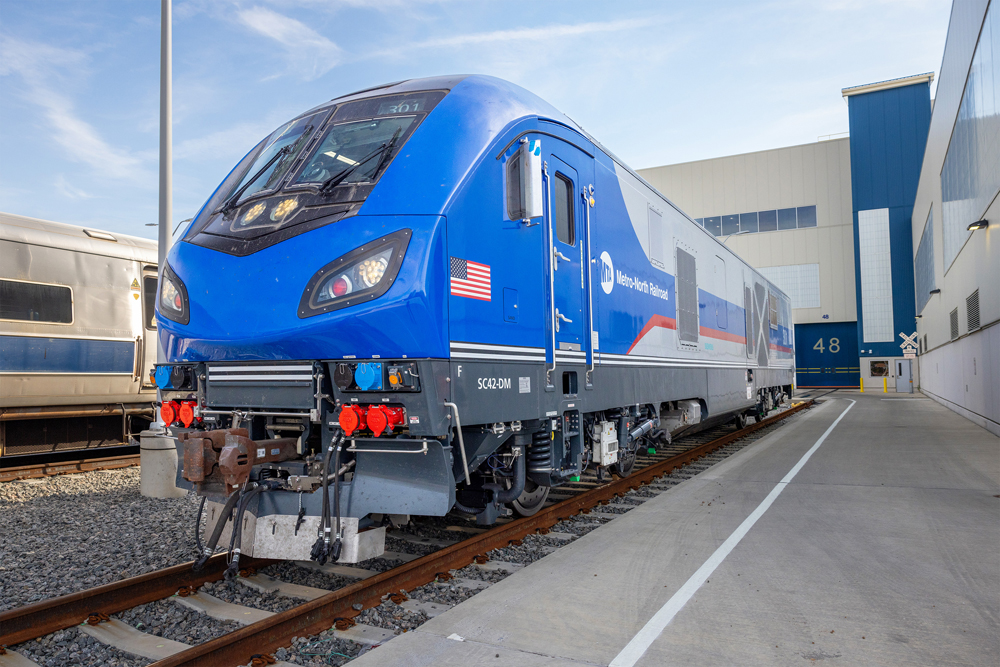
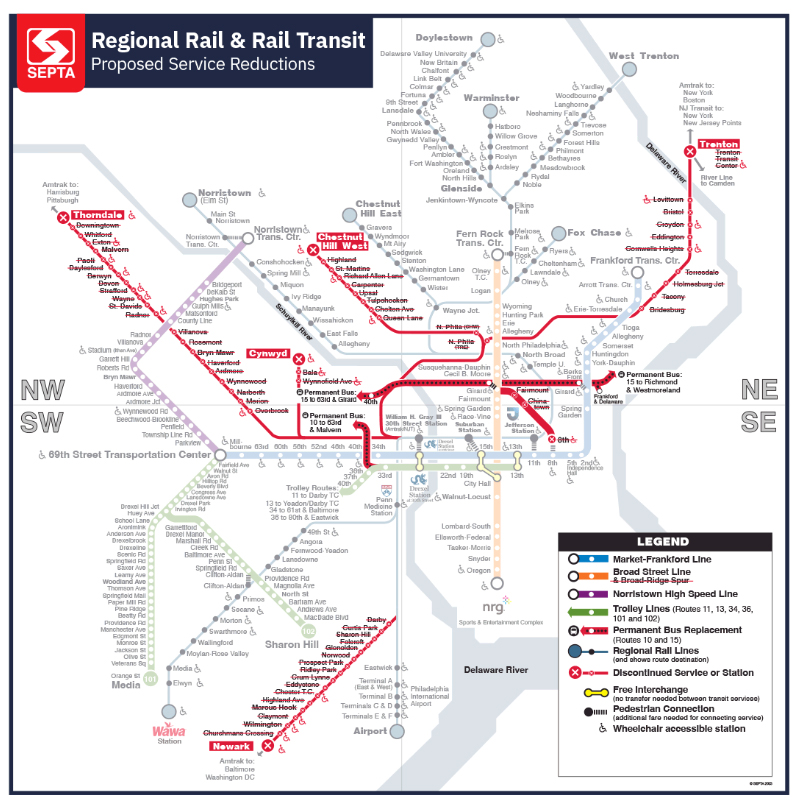




when you work as hard at getting rid of business and provide such poor service as CP does. its no wonder.
To Mr. Hart’s remarks above, as the old saying goes, “the road to h&ll is paved with good intentions….”
To be fair, and as noted in the above article, there is a softening of demand, both in Canada, the U.S., and globally. There have been several news stories recently about slowing exports from China (a number of reasons for this development), and although the United States has dodged a recession thus far, things could definitely get economically more bumpy going forward, especially in China. And also as the article notes, the dockworkers’ strike at the BC ports will impact CP intermodal volumes considerably in the third quarter.
Gee what happened to all the rosy projections of millions of trucks off highways ans thousands more train cars in transit.We sell these mergers as great things until all does not go as planned.
Due to drought next years harvest won’t be so hot either…. No pun intended..
This quarter CPKC made history by completing its transformational combination to create the first single-line transnational railroad linking Canada, the United States and Mexico. The eminent company already is changing the freight rail industry by delivering on the many benefits of its combined network.
Dr. Güntürk Üstün
Yeah and already starting to say “Kings-X” on everything and finally admitting that they “took over” (Canadian Pacific gained control of Kansas City Southern) Kansas City Southern. When things start going really bad, all the blame will fall on KCS whether it was really them or CP, it will all be KCS’s fault…